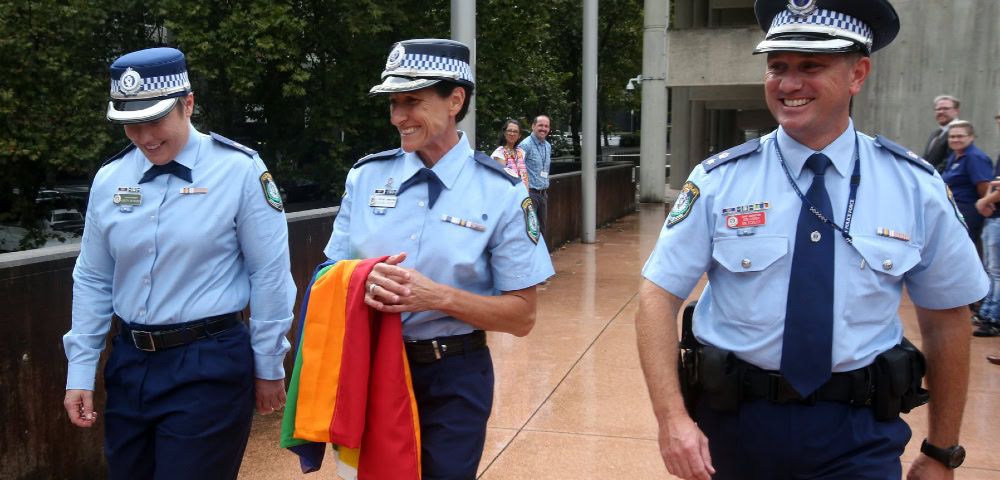WASHINGTON — Senators caught most of America by surprise on Tuesday when they unanimously passed a bill that would make daylight saving time permanent nationwide.
The Sunshine Protection Act, which was just introduced last week, still needs to pass the House and then would need President Joe Biden’s signature to become law. But its unanimous passage in the Senate indicates wide support for never having to turn the nation’s clocks back again and giving Americans another hour of afternoon sunlight in the winter.
Republican Sen. Marco Rubio, the lead sponsor of the bill, has long pushed to make daylight saving time permanent, but this is the first time his legislation has passed the Senate. In a video last week before the US sprung forward, Rubio said, “Switching in and out of Daylight Saving Time is outdated, and it’s only a source of annoyance and confusion. Frankly, it’s just dumb, and there’s just no other way to say it.”
Twenty states, including Florida, have taken steps to stick with daylight saving time year-round, but Congress needs to pass this law for those to take effect, Rubio said. The bill will allow states to pass their own laws to continue changing their clocks twice per year if they want to stick with the current norm in most of the county; Arizona and Hawaii don’t observe daylight saving time at all.
“No more dark afternoons in the winter. No more losing an hour of sleep every spring. We want more sunshine during our most productive waking hours,” Democratic Sen. Patty Murray, another sponsor of the bill, said in a statement. “I’ve said it before and I’ll say it again: Americans want more sunshine and less depression.”
The White House did not immediately respond to a request for comment on whether Biden supports the bill or would sign it if it comes to his desk.
The US first adopted daylight saving time in 1918. The idea was to add extra sunlight hours in the summer to conserve energy needed to light homes and businesses, though some studies suggest that we’re not actually saving energy, according to National Geographic.
America tried making daylight saving time permanent once before — and then quickly abandoned it. The Nixon administration extended daylight saving hours to the winter in January of 1974. At the time, a majority of Americans supported the move. But as the winter wore on, the benefit of lighter evenings was undercut by darker mornings. Support dropped and the experiment was not renewed the following winter.
Sen. Sheldon Whitehouse, the lead Democratic sponsor of the bill, addressed some of that criticism in a speech on the Senate floor, saying that he understood that morning people would lose an hour of daylight. But, he said, the change will give more daylight for kids who are coming home from school to play outside and for people running errands in the early evening. “There are a lot fewer people up and about between 6:30 and 7:30 in the morning than there are between 4:15 and 5:15 in the afternoon,” he said.
Whitehouse said he’d gotten a “very strong response from constituents” in favor of the bill and he is “hopeful” that the House will pass it as well.
Last week, a House Energy and Commerce subcommittee held a hearing on the matter where a panel of experts unanimously supported ending the practice of changing clocks twice per year. The problem was they disagreed on whether daylight saving time or standard time should be the permanent solution.
Beth Malow, a neurology and pediatrics professor at Vanderbilt University Medical Center, said that making standard time permanent would be the healthiest option. She said exposing people to more light in the morning and less in the evening cuts back on sleep deprivation.
Conversely, waking up when it is still dark out causes circadian misalignment — when the sun is not synced to the cycle of your daily life. Malow said this increases sleep deprivation, which leads to increased health issues like obesity, depression, ADHD, and cancer. She said the most vulnerable groups are students and people who work early and can’t control their hours, which tends to be people of lower socioeconomic status.
“We need light in the morning to become alert, to get ourselves going. Kids need to be alert to go to school, to learn,” Malow said.
Some industry groups support permanent daylight saving time because lighter evenings are good for the economy — people feel comfortable being out later in the evening, where they are more likely to spend money. University of Washington law professor Steve Calandrillo also made a health and safety argument in favor of permanent daylight saving time.
Calandrillo told Congress that the evening rush hour period is twice as deadly as morning rush hour due to increased traffic, more children playing outside, more alcohol consumed by drivers, and an increased rush to get home. Extending daylight to the evening rush hour period would be a big net safety benefit, Calandrillo said, even if it meant the morning rush hour became more dangerous. One Rutgers University study found that permanent daylight saving time could lead to 366 fewer traffic fatalities during the rush hour periods per year.
Calandrillo also argued that crime would decrease due to the lighter evenings, as crime increases in the evening after it gets dark. As for the effect on school children waking up and going to school in the dark, Calandrillo proposed a compromise: pair permanent daylight saving time with pushing back the start of school. He said this would help to offset the risks of driving in the morning when it is still dark.
“We need to be pushing back school times, especially for teenagers,” he said. “If we pushed it back we could deal with some of the danger of early morning darkness that would be created by daylight saving time.”
Note: This article have been indexed to our site. We do not claim legitimacy, ownership or copyright of any of the content above. To see the article at original source Click Here













